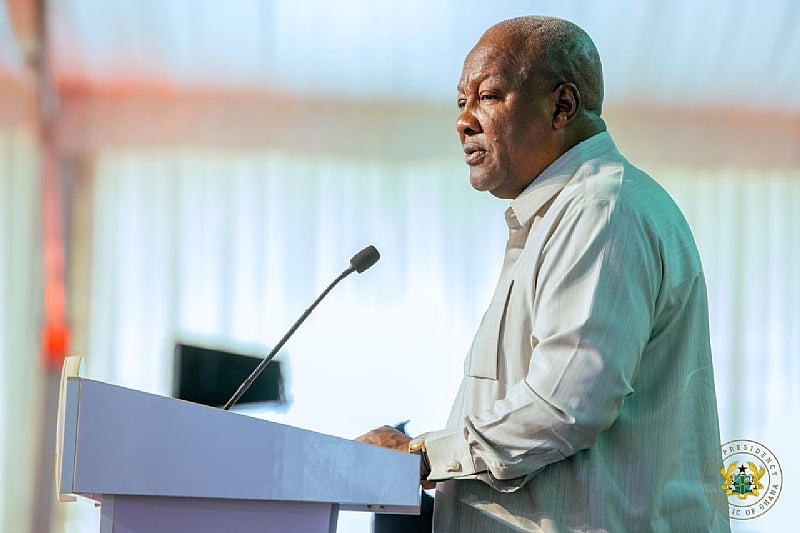The Rising Tide of Attacks on Journalists in Ghana and the Government’s Response
Ghana, a nation often lauded for its democratic progress and relatively free press, has recently witnessed a disturbing surge in attacks targeting journalists. These assaults, perpetrated by both civilians and security personnel, have sparked outrage and condemnation from various quarters, most notably from President John Dramani Mahama himself. The President, a card-carrying member of the Ghana Journalists Association (GJA), publicly denounced these acts as unacceptable and incompatible with the principles of a democratic society. He emphasized the indispensable role of a free and responsible press in a thriving democracy and pledged to take decisive action to address the issue. This wave of violence against journalists underscores a growing concern about the safety and security of media professionals in the country.
The President’s strong condemnation came in response to a specific incident involving the manhandling of journalists by security personnel. He directed a thorough investigation into the matter and promised that those found culpable would face appropriate sanctions. Beyond this specific incident, President Mahama acknowledged a broader pattern of attacks against journalists and committed to proactive measures to prevent future occurrences. He proposed a meeting with security chiefs and the GJA leadership to foster better collaboration and understanding between the two groups. The aim of this meeting is to implement an orientation program for security forces, emphasizing the role of the media not as adversaries but as partners in national development. This highlights a critical need for improved training and sensitization within security agencies regarding the rights and responsibilities of journalists.
The GJA, the primary representative body for journalists in Ghana, has been vocal in raising alarm about the increasing frequency of these attacks. According to their records, at least twelve journalists have been assaulted in the past seven months alone while carrying out their professional duties. These attacks represent a direct threat to the freedom of the press and the public’s right to access information. The GJA has expressed particular concern about the apparent lack of consequences for the perpetrators, which they argue creates an environment of impunity and emboldens further aggression. The absence of clear and swift sanctions sends a dangerous message that such acts are tolerated, potentially leading to a chilling effect on investigative journalism and critical reporting.
In response to the escalating situation, the GJA has issued a seven-day ultimatum to the Ghana Police Service, demanding detailed updates on investigations into these attacks and the imposition of appropriate sanctions against those responsible. The ultimatum represents a significant escalation of the GJA’s response, indicating the seriousness with which they view the situation. The GJA has warned that failure to comply with their demands will result in a nationwide media boycott of all police-related activities. This boycott would entail a refusal by journalists to report on police press conferences, statements, or any other activities, effectively cutting off a vital channel of communication between the police and the public. Furthermore, the GJA has threatened to declare the Ghana Police Service as “enemies of press freedom,” a symbolic move that would further isolate the police and damage their public image.
This escalating tension between the media and the police highlights a critical juncture in Ghana’s democratic development. The GJA’s ultimatum underscores the importance of accountability and the need for concrete action to protect journalists and uphold the principles of press freedom. The government’s response to this ultimatum will be a crucial test of its commitment to these principles. A failure to address the GJA’s concerns effectively could have serious consequences for the relationship between the media and the state, potentially undermining public trust in both institutions.
The situation in Ghana serves as a reminder of the ongoing challenges faced by journalists around the world. Attacks on journalists, whether physical or through legal harassment, represent a direct assault on the foundations of a free and democratic society. The ability of journalists to operate freely and without fear of reprisal is essential for holding power to account, informing the public, and fostering open dialogue on critical issues. The international community must continue to advocate for the protection of journalists and condemn all forms of violence and intimidation against them. The ongoing situation in Ghana underscores the urgency of this task and the need for continued vigilance in safeguarding the principles of press freedom.


